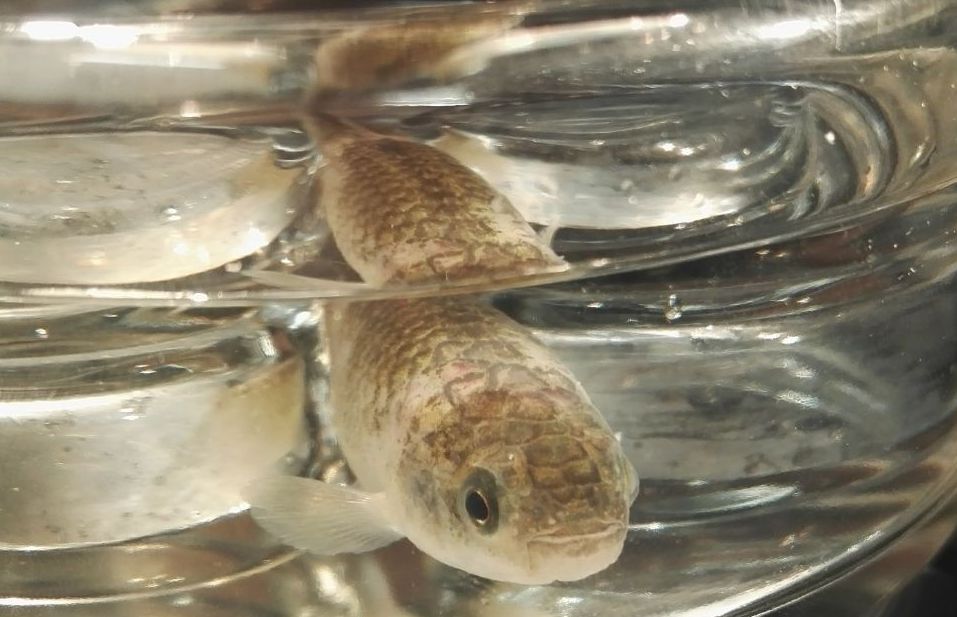Parasites are increasingly being recognised as important players affecting individuals, populations, communities, and even ecosystems. Some parasites change their host’s behaviour to aid transmission to the next host in their life cycle, thereby enhancing the parasite´s fitness. For trophically-transmitted parasites, this is achieved by increasing the detection and capture of parasitized prey by predatory final hosts and is known as parasite-increased trophic transmission (PITT). In this talk, I will review some of our recent work examining how manipulative parasites alter the physiology and predator-prey interactions of intermediate and final hosts, using the trematode parasite Euhaplorchis californiensis as a model system.
Lauren Nadler is a Postdoctoral Fellow at the Norwegian University of Life Sciences (NMBU) and a Visiting Postdoctoral Scholar at Scripps Institution of Oceanography. Her research focuses on:
- Investigating links between individual physiology and behavioural phenotype
- Understanding how these connections shift under biotic and abiotic pressures
- Developing tools and techniques to test lab-based findings under realistic field conditions.

